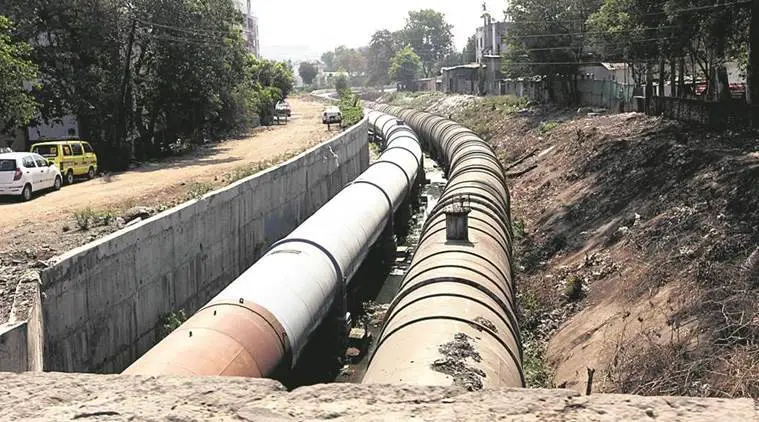The Moroccan government has signed a contract with Société Nouvelle Travaux Maroc (SNTM), a public works company based in Kenitra, Morocco, for the construction of a 7.8-kilometre drinking water pipeline in Casablanca.
This comes barely a month after the authorities completed the construction and commissioning of a 7.2 km long pipeline between the north of Casablanca and the Mediouna reservoir.
The two lines are implemented as a part of the project to transfer water from the Sidi Mohammed Ben Abdellah dam which is located some 20 km from the Moroccan capital Rabat.
Scope of the project for the construction of the 7.8km drinking water pipeline in Casablanca
Reportedly, as part of the project for the construction of the 7.8km drinking water pipeline in Casablanca, SNTM will carry out the start tapping on the arrival of the 2,000 diameter interconnection pipe at the level of the metering structure in Mediouna, a town and municipality in Médiouna Province of the Casablanca-Settat region.
Also Read: Chtouka-Ait Baha Seawater Desalination Plant in Morocco to be commissioned this month
This will be done with a 1,600 diameter pipe connecting the arrival of the interconnection pipe to the entrance of the Bouskoura reservoir. The works will lead to the connection of the Bouskoura reservoir to its existing 1,200 diameter inlet pipe, upstream of the metering system.
The public works company will also carry out the construction of regulation and protection works and equipment, as well as main road crossings by trenching or sinking, etc.
Expectations for the project
The project for the construction of the 7.8km drinking water pipeline in Casablanca is expected to increase the capacity of a pumping station in Casablanca from 2.5 m3 per second to 4 m3 per second, in addition to the utilization of the surplus water available at the Sidi Mohammed Ben Abdellah dam and subsequently enhance the water supply in the Noth African city, which is currently experiencing drought.
The Oum Er Rbiaâ basin, Al Massira, and other dams’ reserves have all been significantly reduced as a result of this situation. Benguerir, Marrakech, Safi, Youssoufia, Sidi Bennour, El Jadida, Settat, and Berrechid are among the cities and towns affected.

